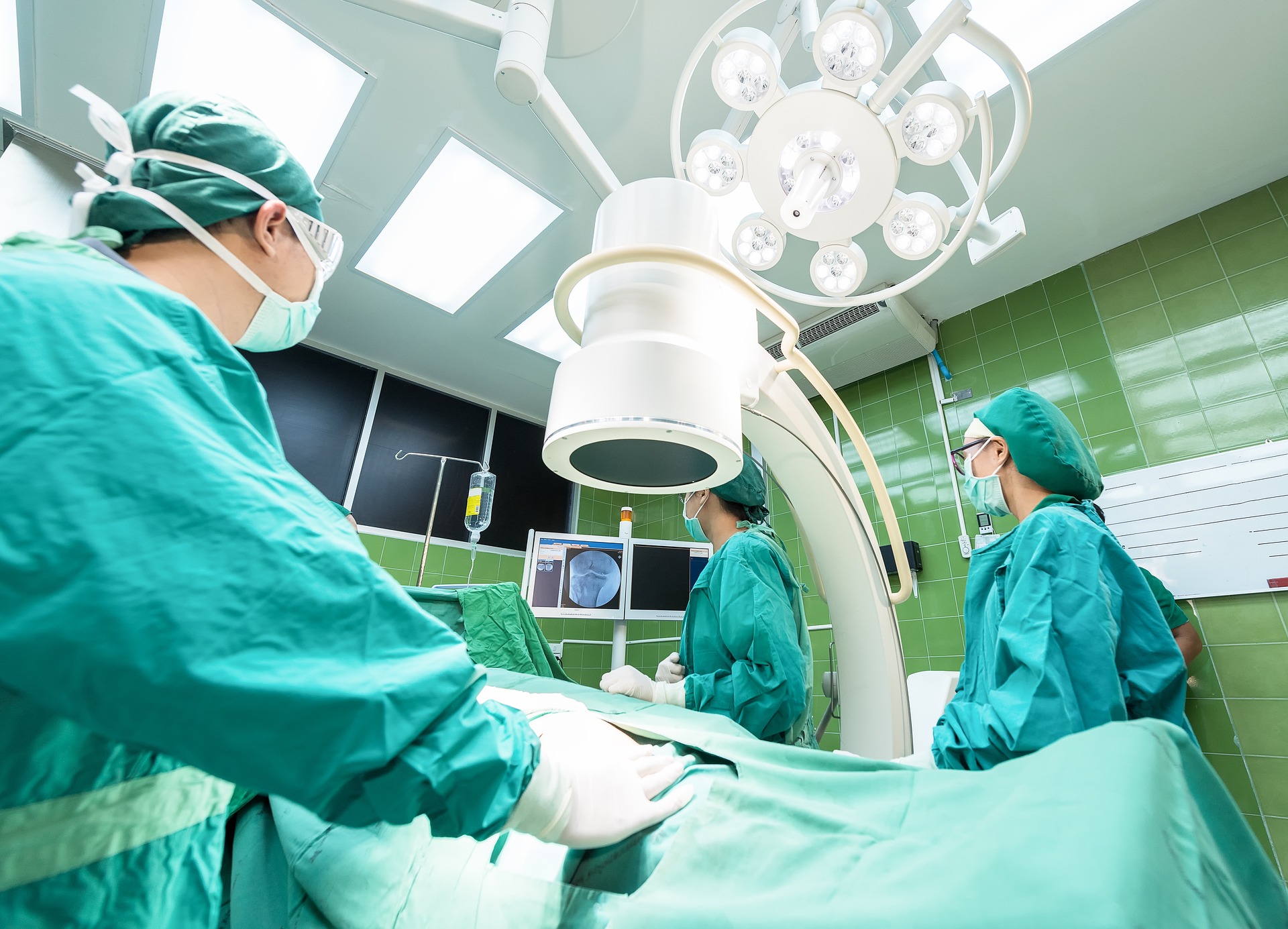Diverticulitis Treatment: Understanding Options and Management
Diverticulitis is a condition that affects the digestive system, specifically the colon. It occurs when small pouches called diverticula form in the lining of the colon and become inflamed or infected. This condition can cause significant discomfort and, if left untreated, may lead to serious complications. Understanding the available treatment options is crucial for effectively managing diverticulitis and improving overall digestive health.

What are the common symptoms of diverticulitis?
Recognizing the symptoms of diverticulitis is essential for early diagnosis and treatment. Common signs include:
-
Persistent abdominal pain, typically on the lower left side
-
Fever and chills
-
Nausea and vomiting
-
Constipation or, less commonly, diarrhea
-
Bloating and gas
-
Changes in bowel movements
If you experience these symptoms, especially severe abdominal pain, it’s important to seek medical attention promptly.
How is diverticulitis diagnosed?
Diagnosing diverticulitis typically involves a combination of methods:
-
Medical history and physical examination
-
Blood tests to check for signs of infection or inflammation
-
Imaging studies such as CT scans or ultrasounds to visualize the colon
-
In some cases, a colonoscopy may be recommended after the acute phase has passed
Accurate diagnosis is crucial for determining the most appropriate treatment plan.
What are the primary treatment options for diverticulitis?
Treatment for diverticulitis depends on the severity of the condition and may include:
-
Antibiotics: To treat bacterial infections associated with diverticulitis
-
Pain relievers: To manage discomfort and reduce inflammation
-
Dietary changes: A liquid or low-fiber diet during flare-ups, gradually transitioning to a high-fiber diet
-
Rest: Allowing the bowel to heal by reducing physical activity
-
In severe cases, hospitalization may be necessary for intravenous antibiotics and bowel rest
For mild cases, these conservative treatments are often effective in managing symptoms and promoting healing.
When is surgery necessary for diverticulitis?
While many cases of diverticulitis can be managed with conservative treatments, surgery may be recommended in certain situations:
-
Recurrent episodes of diverticulitis
-
Complications such as abscesses, fistulas, or bowel obstructions
-
Failure to respond to medical treatment
-
Immunocompromised patients at higher risk of complications
Surgical options may include removing the affected portion of the colon (partial colectomy) or, in severe cases, a temporary colostomy.
How can diet and lifestyle changes help prevent diverticulitis?
Preventing diverticulitis and reducing the risk of recurrence involves making certain dietary and lifestyle modifications:
-
Increase fiber intake: Consume more fruits, vegetables, whole grains, and legumes
-
Stay hydrated: Drink plenty of water to help fiber move through the digestive system
-
Exercise regularly: Physical activity can help maintain bowel health and reduce inflammation
-
Quit smoking: Smoking is associated with an increased risk of diverticulitis
-
Maintain a healthy weight: Obesity is a risk factor for diverticulitis
By adopting these habits, individuals can support their digestive health and potentially reduce the likelihood of developing diverticulitis or experiencing recurrent episodes.
In conclusion, diverticulitis is a manageable condition with various treatment options available. From conservative approaches like dietary changes and antibiotics to more invasive surgical interventions in severe cases, the goal is to alleviate symptoms, promote healing, and prevent complications. Understanding the nature of diverticulitis, recognizing its symptoms, and working closely with healthcare providers can lead to effective management and improved quality of life for those affected by this digestive condition.
This article is for informational purposes only and should not be considered medical advice. Please consult a qualified healthcare professional for personalized guidance and treatment.






